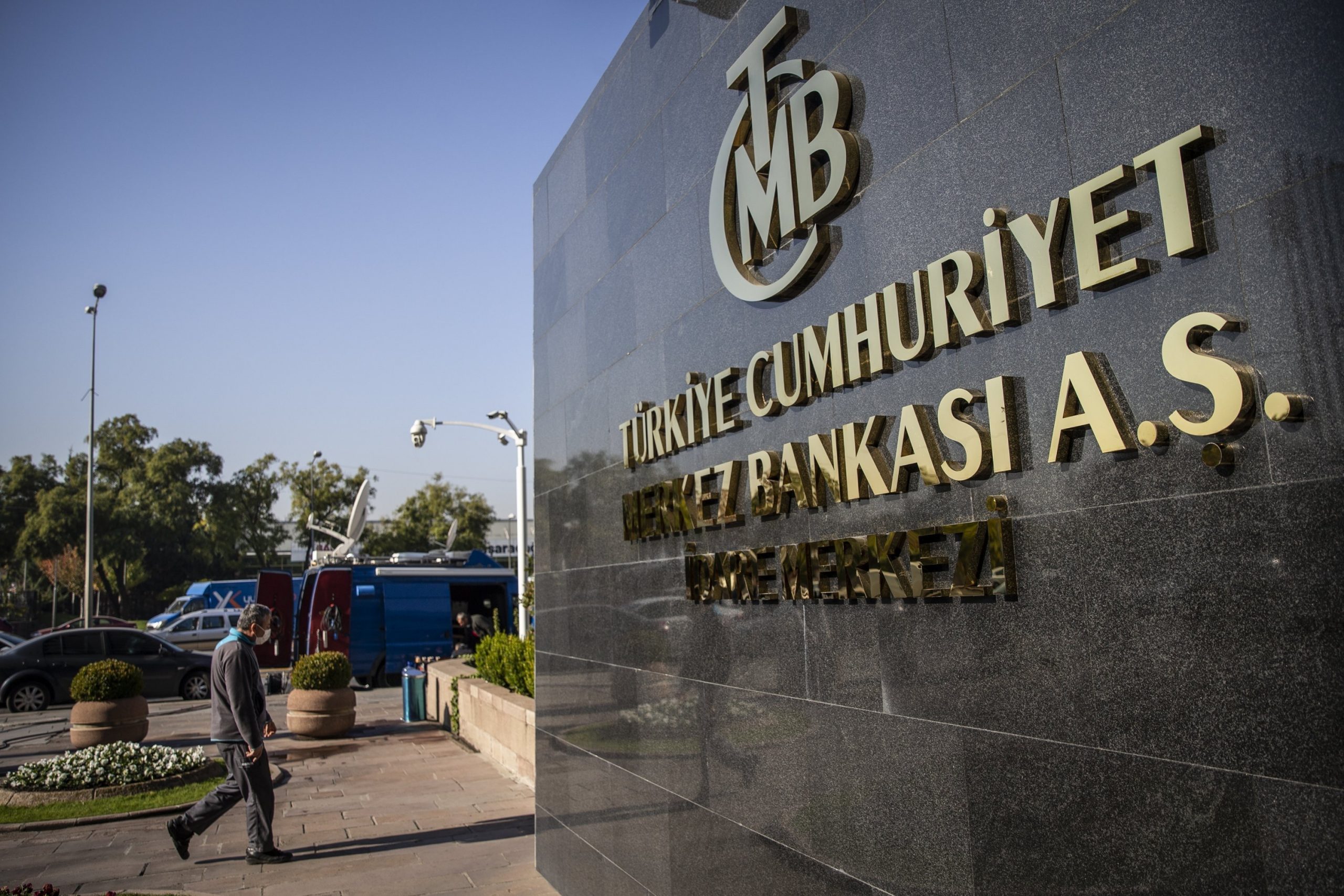Sales of foreign currency to Turkey’s state economic enterprises — primarily energy importer Petroleum Pipeline Corporation (BOTAŞ) — reached a record $4.15 billion in January, the central bank said on Monday, surging after a plunge in the lira and a jump in energy prices, Reuters reported.
The January data brought forex sales to state enterprises in the last three months to $9.7 billion, after levels of $3.36 billion in the previous two months — both record levels at the time — with energy imports accounting for the vast majority.
The central bank has been selling forex to BOTAŞ since 2014. Reuters reported in November that BOTAŞ was expected to turn to the bank to meet its growing forex needs as gas prices and demand climb during the winter months.
The lira weakened 44 percent to the dollar last year after the central bank slashed its policy rate by 500 basis points starting in September under an unorthodox policy advocated by President Recep Tayyip Erdoğan.
The currency has held steady in 2022 and was flat at 13.5505 at 0830 GMT. Several bankers have described the situation as a managed exchange rate or “dirty float,” after government steps to boost public confidence and official reserves.
The lira hit a record low of 18.4 in late December but rebounded after state interventions to support it and Erdoğan’s announcement of a scheme to boost lira deposits by protecting them against depreciation.
Monday’s data also showed the central bank bought $1.55 billion of forex in January in the form of export rediscount credit repayments. Total repayments were some $21 billion in 2021 — the biggest contribution made to its reserves last year.
The volume of deposits under the lira protection scheme now exceeds 290 billion lira ($21.4 billion), the head of Turkey’s BDDK banking watchdog said last Thursday, up from some 200 billion lira in late January. read more
Last month, corporate deposits were added to the scheme and those deposits were subsequently exempted from corporate income tax.
In the wake of the scheme, Turkish locals’ forex and gold holdings dropped more than $4 billion to $228.16 billion as of Jan. 28, their lowest level since July.
Central bank forex reserves have dropped sharply in recent years, most recently due to market interventions to support the lira. But its net international reserves rose more than $1.2 billion last week to $10.53 billion.
***Show us some LOVE by sharing it!***



